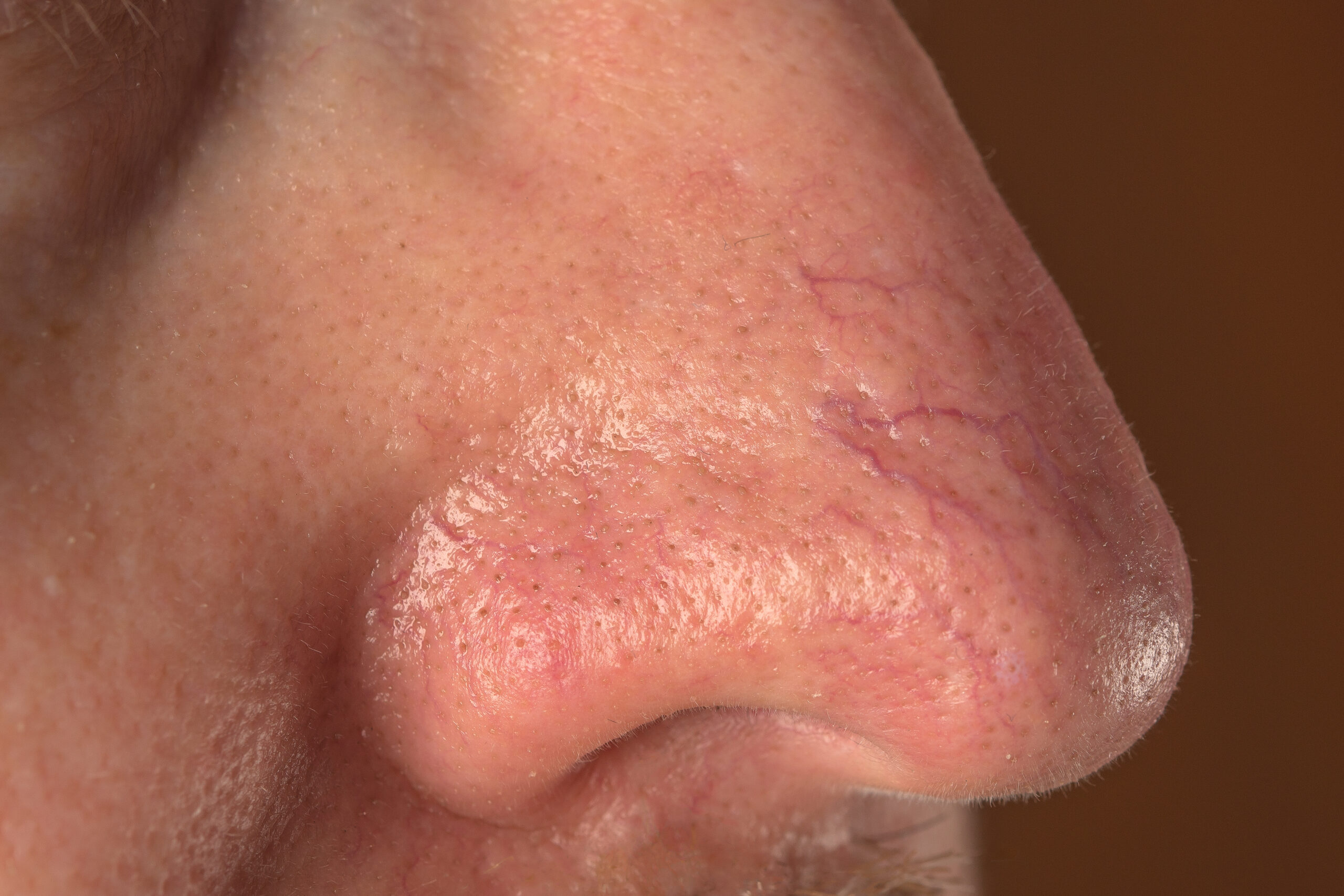Artificial intelligence (AI) has emerged as a prominent frontier in the field of computer science research. While AI has been utilized in various medical domains for some time, its application in dermatology is relatively new and limited. Dermatologists must have a solid understanding of AI concepts, as the abundance of clinical and dermatoscopic data and images related to skin conditions holds great potential for AI implementation in medicine.
The approach to diagnosing and managing dermatological conditions has significantly evolved with the introduction of new technologies and inventions. Over the past decade, AI has gradually gained relevance in different aspects of dermatology, including skin cancer, eczema, and psoriasis. In the case of psoriasis, AI can aid in clinical assessment, personalized treatment selection, and outcome prediction.
Our research demonstrated that a trained artificial neural network (ANN) consistently and accurately calculated the affected skin surface area, surpassing the performance of both dermatologists and untrained individuals. The implementation of AI can serve as a valuable tool for quickly and precisely estimating the extent of psoriasis-affected skin areas. Furthermore, the scalability of the ANN and its potential as a mobile application open up possibilities for point-of-care assessment, including the analysis of standard front and back clinical images to calculate the total body surface area.
In summary, AI has the potential to revolutionize patient care, particularly by enhancing the sensitivity and accuracy of skin lesion screening, including the detection of malignancies. However, AI research requires comprehensive clinical and photographic data encompassing all skin types, necessitating improved international collaboration in skin imaging to facilitate extensive studies.



